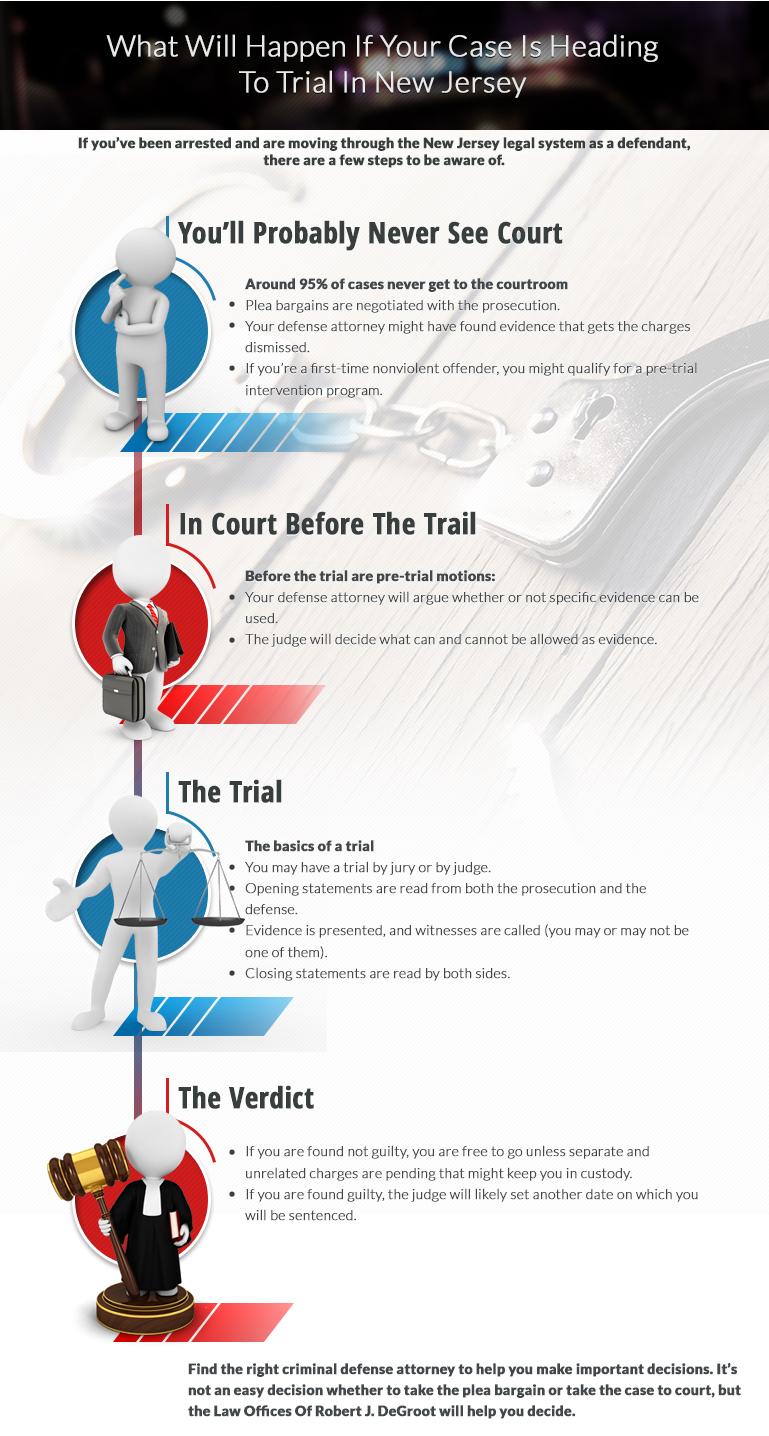Recognizing The Crucial Value Of Proof In Criminal Defense Can Considerably Modify The Circumstance; Reveal The Vital Details That Can Impact The Outcome Of Your Instance
Recognizing The Crucial Value Of Proof In Criminal Defense Can Considerably Modify The Circumstance; Reveal The Vital Details That Can Impact The Outcome Of Your Instance
Blog Article
Material Created By-Pratt Acosta
When you think about criminal protection, evidence is typically the first thing that enters your mind, and permanently factor. It's the foundation whereupon your situation stands, shaping the narrative and influencing the jury's assumption. Different kinds of proof, from physical to digital, each play a special function in establishing a defense. But not all evidence is dealt with just as; admissibility standards can make or break your protection approach. Comprehending these subtleties is essential, specifically when taking into consideration exactly how they can impact the outcome of a test. So, what should you learn about these standards?
Kinds of Proof
When it pertains to criminal protection, comprehending the types of evidence can make all the difference in your situation. Proof comes under a number of classifications, each playing a critical duty in establishing the truths of your circumstance.
One typical type is testimonial proof, which includes declarations made by witnesses. Their accounts can supply insight into what took place and can either support or test the prosecution's insurance claims.
Physical evidence is another critical kind, including substantial items like weapons, clothing, or fingerprints. This kind of proof can directly link you to a crime or assistance negate claims versus you.
Then there's docudrama proof, that includes documents, pictures, or any written materials essential to your situation. These files can supply a timeline or context that's necessary for your protection.
Last but not least, you can not overlook electronic evidence, that includes data from mobile phones, computers, or social media sites. This sort of evidence can disclose crucial info concerning your tasks or interactions.
Admissibility Specifications
In criminal defense, the admissibility of proof is vital to your case's end result. You'll need to comprehend the standards that identify whether evidence can be used in court. Typically, evidence must matter, reliable, and gotten legally to be considered acceptable.
https://www.washingtonpost.com/dc-md-va/2022/05/20/maryland-public-defender-dartigue/ suggests the evidence should straight connect to the instance and help verify or negate a truth moot. If it does not attach to your protection or the charges against you, it may be excluded.
Integrity guarantees that the evidence is credible and trustworthy; for example, eyewitness testament can be cast doubt on if the witness has a history of undependable accounts.
Additionally, proof must be collected according to lawful procedures. Any evidence gotten via illegal ways, such as an unlawful search or seizure, may be regarded inadmissible under the exclusionary rule.
Understanding these criteria can equip you to work properly with your lawyer. They'll navigate the intricacies of these regulations to strengthen your defense, ensuring only the very best evidence is presented in your support.
Always keep in mind, the admissibility of evidence can significantly influence the court's perception of your instance.
Effect On Protection Approaches
The admissibility of evidence straight shapes your protection strategies. When proof is considered admissible, you can utilize it to build a solid situation. Alternatively, if evidence is ruled inadmissible, you require to pivot your approach. Comprehending what proof the prosecution can present helps you expect their debates and prepares you to counter them successfully.
You'll wish to focus on celebration evidence that sustains your defense. This could consist of witness declarations, professional testimony, or files that obstacle the prosecution's claims. The objective is to create reasonable doubt psychological of the jurors. If particular pieces of evidence are weak or controversial, you might take into consideration an approach that emphasizes other solid facets of your case.
Additionally, the sort of proof-- whether it's forensic, testimonial, or digital-- will dictate just how you communicate your protection. You'll need to craft engaging stories that reverberate with the jury while making use of admissible evidence to back up your claims.
Inevitably, your strategy has to be adaptable, allowing you to adapt as brand-new evidence comes to light or as rulings are made. Each decision you make need to line up with the goal of ensuring the most effective possible outcome for your instance.
Verdict
In criminal protection, evidence plays a pivotal role fit your instance. By recognizing the different types of evidence and their admissibility criteria, you can strengthen your protection strategy and develop reasonable question in the minds of jurors. Working together closely with your lawful counsel makes certain that your proof exists efficiently and adjusts to any kind of brand-new growths during the trial. Inevitably, the ideal proof can make all the difference in achieving a positive outcome.
